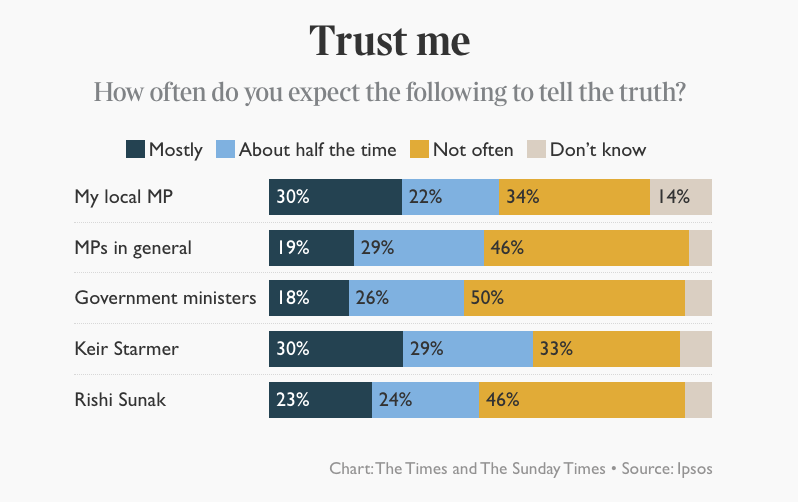
NEW: The rise of the local MP 🗳️
Chances are, your MP was born down the road. Local representation has never been stronger.
But there are downsides – especially now that the government needs to get things done. In today's Sunday Times @thetimes
🧵
thetimes.co.uk/article/mps-ar…


Chances are, your MP was born down the road. Local representation has never been stronger.
But there are downsides – especially now that the government needs to get things done. In today's Sunday Times @thetimes
🧵
thetimes.co.uk/article/mps-ar…



First, a word on the ultimate 'parachute' candidate. When Churchill lost his seat in Manchester in 1908, he was immediately invited to stand in Dundee.
His welcome was mixed: suffragette Mary Maloney followed him round the city with a giant bell, drowning out his speeches...
His welcome was mixed: suffragette Mary Maloney followed him round the city with a giant bell, drowning out his speeches...

Churchill represented five different constituencies, none very close to his Oxfordshire birthplace
His kind are rare now: research by @philipjcowley et al shows that more than half of all MPs were born in the region they now represent
His kind are rare now: research by @philipjcowley et al shows that more than half of all MPs were born in the region they now represent

Why? When party ties were stronger, you could get away with parachuting anyone, anywhere. You could pin a red rosette on a dog, the old saying goes, and working-class people would vote for it
Yet thanks to Brexit and Scotland, voters have become much more volatile (@BESResearch)
Yet thanks to Brexit and Scotland, voters have become much more volatile (@BESResearch)

And if polls are to believed, voters will change their minds again in 2024. Now that party ties are looser, how do people choose their politicians?
Surprisingly, it turns out being from the same area is almost as important as having the same political viewpoint!
Surprisingly, it turns out being from the same area is almost as important as having the same political viewpoint!

After Brexit and partygate, trust in politicians is not exactly sky-high. But you're still much more likely to trust your local MP than MPs in general or the government, data from @IpsosUK suggests

https://twitter.com/tomhcalver/status/1563797179260698626?s=20&t=XH-Kf010k0mlu4WCpXHPcg

The rise of local candidates is impacting our political debate. Mentions of the phrase "my constituents" in the House of Commons are at their *highest ever level*, data from Hansard shows 

This is great for representation. But the downside is that MPs have less time for national issues
And at a time when Rishi Sunak has tough decisions to make on topics like housing and public services, it strengthens nimbyism...
And at a time when Rishi Sunak has tough decisions to make on topics like housing and public services, it strengthens nimbyism...

The "born locally" trend is set to continue
According to @MichaelLCrick @tomorrowsmps, of Labour's 38 candidates announced for 2024, just two have no local ties whatsoever. About 30 are councillors.
Are we artificially slimming the talent pool of available MPs?
According to @MichaelLCrick @tomorrowsmps, of Labour's 38 candidates announced for 2024, just two have no local ties whatsoever. About 30 are councillors.
Are we artificially slimming the talent pool of available MPs?

For more on what this means for our politics, here's the full article in today's @thetimes
With thanks to @philipjcowley @MichaelLCrick @GwynneMP @duncancbaker
thetimes.co.uk/article/mps-ar…
With thanks to @philipjcowley @MichaelLCrick @GwynneMP @duncancbaker
thetimes.co.uk/article/mps-ar…
• • •
Missing some Tweet in this thread? You can try to
force a refresh





















